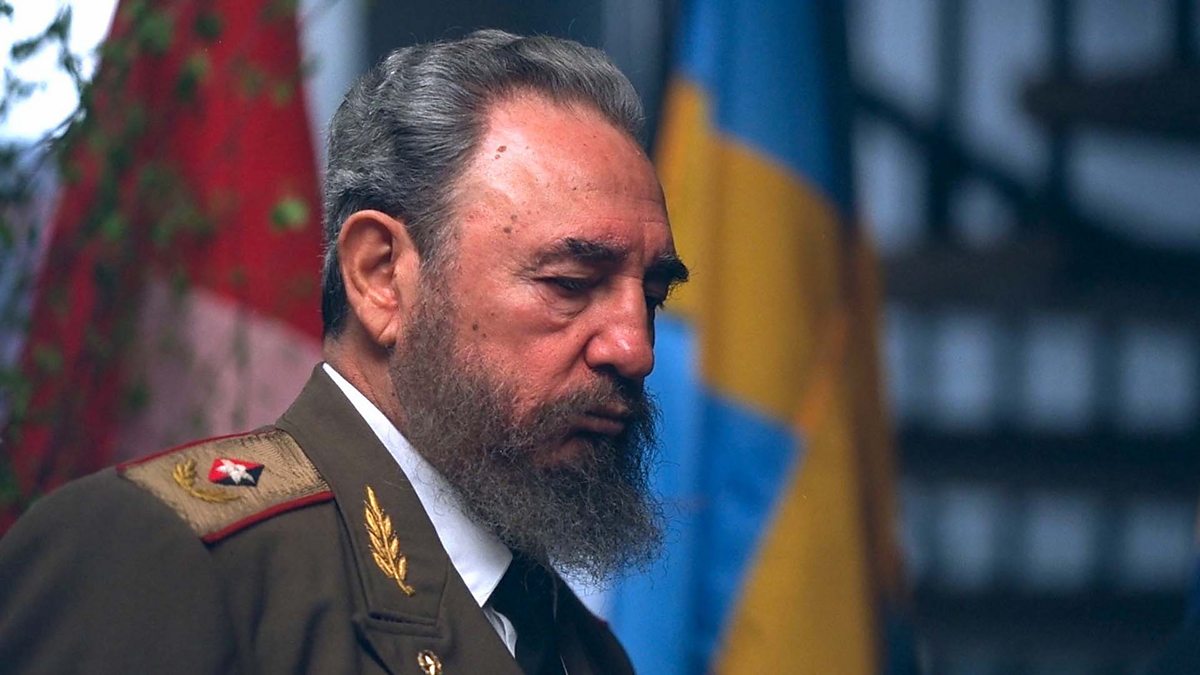9pm - Programme 1 of 2: The Armed Struggle
In this history of modern Cuba, spies, revolutionaries and diplomats reveal how the Cuban revolution of 1959 enabled Fidel Castro to establish a communist country on the USA's doorstep and cause political ripples that spread across the world. After the US tried unsuccessfully to overthrow Castro he turns to the Soviet Union for protection, which leads to a terrifying nuclear stand-off between President Kennedy and Premier Khruschev in the Cuban Missile Crisis of 1962. Thereafter Castro starts an independent strategy of supporting struggles for liberation around the world, including Algeria. Meantime, his close comrade Che Guevara dies at the hands of the CIA while leading a guerrilla mission to Bolivia. Episode two will also be available on iPlayer after tonight.
Will this be as objective and informative as the programme preceding it on Wild Cuba? We shall see. Most programmes about Cuba which are not about its music turn out to be more about its consequences elsewhere in the world. Alan Whicker was I think the last to show us Cuba from its people's perspective.
I can remember, that warm sunny day of the standoff in '62, all over the news, and hearing a distant explosion, probably an aircraft breaking the sound barrier, and looking up from our back garden to see the blue sky littered with vapour trails, and thinking, is this the end of the world?
In this history of modern Cuba, spies, revolutionaries and diplomats reveal how the Cuban revolution of 1959 enabled Fidel Castro to establish a communist country on the USA's doorstep and cause political ripples that spread across the world. After the US tried unsuccessfully to overthrow Castro he turns to the Soviet Union for protection, which leads to a terrifying nuclear stand-off between President Kennedy and Premier Khruschev in the Cuban Missile Crisis of 1962. Thereafter Castro starts an independent strategy of supporting struggles for liberation around the world, including Algeria. Meantime, his close comrade Che Guevara dies at the hands of the CIA while leading a guerrilla mission to Bolivia. Episode two will also be available on iPlayer after tonight.
Will this be as objective and informative as the programme preceding it on Wild Cuba? We shall see. Most programmes about Cuba which are not about its music turn out to be more about its consequences elsewhere in the world. Alan Whicker was I think the last to show us Cuba from its people's perspective.
I can remember, that warm sunny day of the standoff in '62, all over the news, and hearing a distant explosion, probably an aircraft breaking the sound barrier, and looking up from our back garden to see the blue sky littered with vapour trails, and thinking, is this the end of the world?

Comment